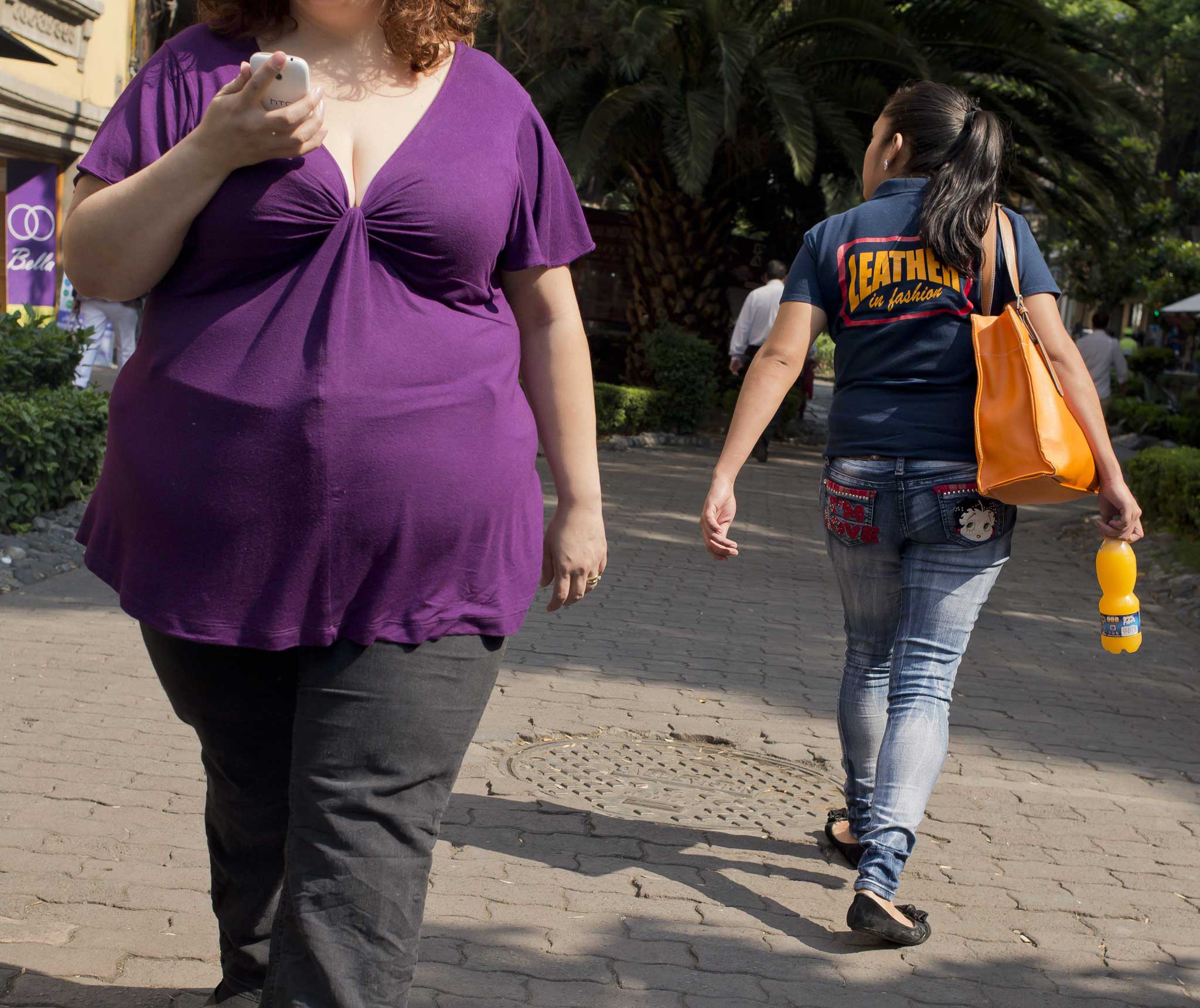The Independent's journalism is supported by our readers. When you purchase through links on our site, we may earn commission.
Overweight and obese mothers are 'more likely to underestimate their child's size'
Study finds seven out of 10 adults underestimate other people's weight

Overweight mothers are more likely to underestimate their children’s size, a new study examining perceptions of weight has found.
The study, published on Tuesday in the Journal of General Medicine, determined overweight or obese mothers found it harder to recognise abnormal weight.
Researchers from the Columbia University Medical Centre in the US examined why parents with obese children often do not try to tackle their child's weight problem.
They tested the assumption that this happens because parents do not perceive being overweight as an issue, or do not see the link between obesity and health problems.
To do this, researchers spoke with 253 mothers and their children at an outpatient paediatric dental clinic about their perceptions of what healthy and ideal body sizes are. Most of the people surveyed were of Hispanic origin (82 per cent).
They found that seven in every ten obese adults underestimate how much a person weighs, compared to one in ten adults of a normal weight.
Eighty per cent of mothers with overweight children underestimated their child’s weight compared to 23 per cent of mothers with obese offspring. The same was true of just seven per cent of mothers with children of a healthy weight.
Similarly, children who had obese mothers also struggled judge another person’s weight, with many incorrectly classifying an adult’s size.
Lead researcher Tracy Paul said the results suggest people who design programmes aimed at tackling obesity should take into account that family members often struggle to accurately judge weight matters.
She said age, ethnicity, and socioeconomic status are all factors that influence childhood obesity.
Paul concluded: “The failure to recognise abnormal weight occurs more often among overweight or obese mothers and children.
“Children of obese mothers often also underestimate adult size, suggesting that tolerance of being overweight is common among children exposed to obese parents.
“This is worrying, as flawed weight perception impedes one’s ability to recognise obesity and its risks as a personal health issue.”
The study, 'Size Misperception Among Overweight and Obese Families', can be found here.
Join our commenting forum
Join thought-provoking conversations, follow other Independent readers and see their replies
Comments
Bookmark popover
Removed from bookmarks